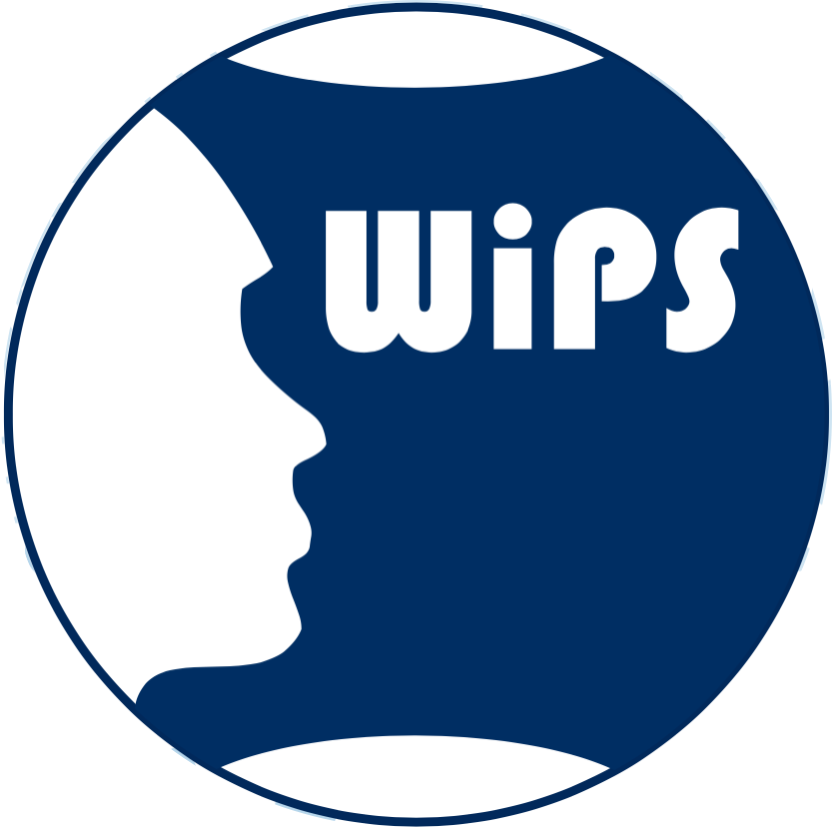Jilda Alicia Caccavo, PhD
Alfred Wegener Institute; Berlin Center for Genomics in Biodiversity Research; Leibniz Institute for Zoo and Wildlife Research (all Germany)

Jilda is happy at work in her Berlin lab, preparing DNA from Antarctic toothfish for sequencing
What’s the work that you do?
I use an assortment of methods, including genomics, modeling, and trace element analysis, to understand population dynamics in Antarctic species in the Southern Ocean. I then work with international science and policy managers to transform my findings into fisheries and spatial planning advice, with the ultimate goal of conserving Antarctic biodiversity and ecosystems.
What keeps you going?
My place in the polar sciences is incredibly intentional. I didn’t follow a path of least resistance to get here. I left neurobiology after spending 8 years in that field because I wanted my work to have a positive impact on the planet. Knowing that my research is actively supporting the conservation of Antarctic species and ecosystems is what makes it worth investing my time and passion.
What’s your message to the world?
I’ve never been to the field. Maybe I’ll go one day. But I don’t care that I haven’t been. What excites me about my work is sitting at my desk with a cup of tea after having lunch in my vegetable garden with my partner. “There’s a lot of beauty in ordinary things”.
Organisation: Alfred Wegener Institute; Berlin Center for Genomics in Biodiversity Research; Leibniz Institute for Zoo and Wildlife Research (all Germany)
Nationality:
United States
Disciplines:
Connect:
